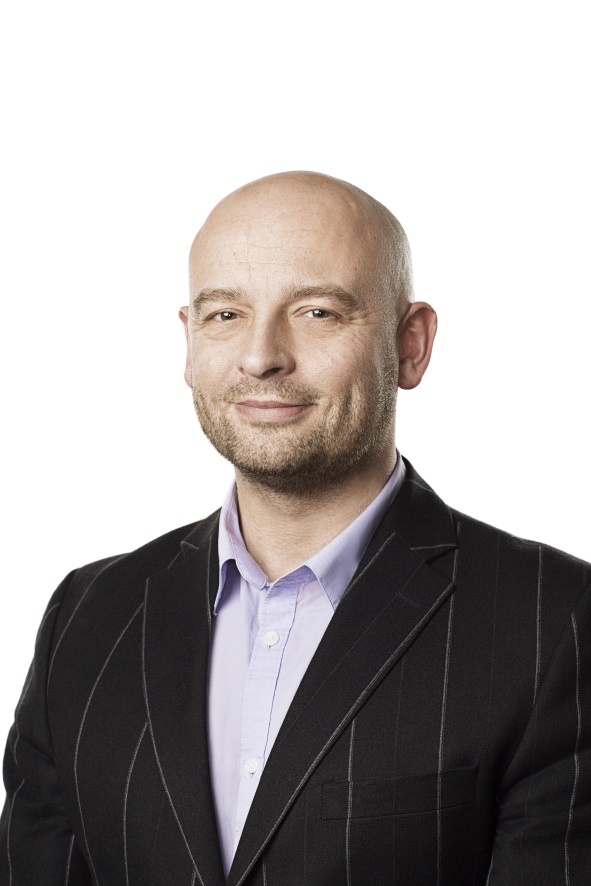Breaking 2: physiological insights into the attempt to run a sub- 2 hour marathon
Thursday 4 April 2019, 6:30pm to 8:00pm
Venue
The Storey, Lancaster, UK, LA1 1THOpen to
Alumni, Applicants, External Organisations, Postgraduates, Prospective Undergraduate Students, Public, Staff, UndergraduatesRegistration
Free to attend - registration requiredRegistration Info
To register for your free tickets, please go to Eventbrite or contact the public events team at public-events@lancaster.ac.uk or 01524 592 994.
Event Details
A public Lecture by Professor Andrew Jones.
On 6th May, 2017, exactly 63 years after Sir Roger Bannister ran the first sub-4 min mile, three elite distance runners attempted the (almost) unthinkable: to run a 26.2 mile marathon in less than 2 hours. This event, performed at the Formula 1 racetrack in Monza, Italy, was the culmination of more than 2 years of scientific development work by Nike and its associates (including Professor Andrew Jones).
There has been much speculation amongst sports scientists and the athletic community over whether a sub-2 hour marathon may be humanly possible (and, if so, when and how it might occur). In this presentation, Professor Andrew Jones shall describe the physiological limitations to human endurance exercise performance and outline the strategy employed by the Nike team with regard to athlete selection and creation of the optimal conditions to make the sub-2 attempt viable.This will include information on the battery of laboratory and field-based physiological tests used to identify the athletes most likely to achieve the feat and insight into the consideration given to the environmental, training, course, pacing, drafting, biomechanical and nutritional factors that can impact marathon performance.Doors open at 6pm for tea and coffee, and the talk begins at 6.30pm with the opportunity to ask questions afterwards.
About Professor Andrew Jones
Andrew Jones is Professor of Applied Physiology at the University of Exeter, UK. Prof Jones is internationally recognized for his expertise in the following areas:- control of, and limitations to, skeletal muscle oxidative metabolism;
- causes of exercise intolerance in health and disease;
- respiratory physiology, particularly the kinetics of pulmonary gas exchange and ventilation during and following exercise; and
- sports performance physiology, particularly in relation to endurance athletics.
Gallery
Contact Details
| Name | Lancaster University Public Events Team |
| Telephone number |
01524592994 |
| Website |


